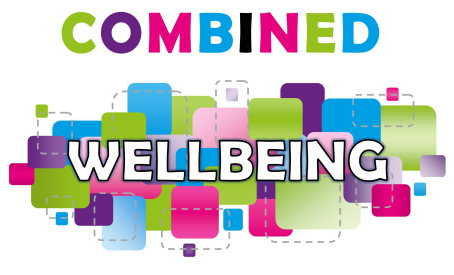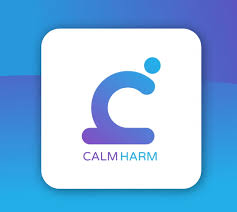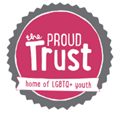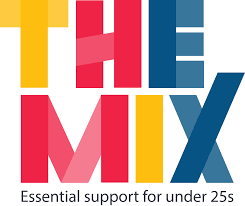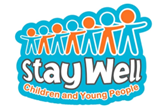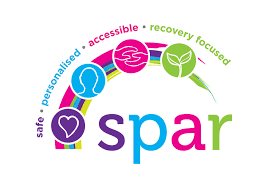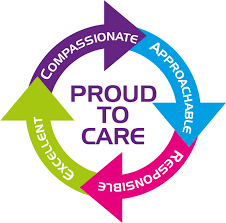Growing up

Information
Here you’ll find answers to some common questions concerning growing up.
Select the underlined questions below to see more.
Physical Changes
- This is a period of significant growth for adolescence with many physical changes becoming more apparent. Increasing height and strength may be occurring, hair may grow in new places such as around the genitals, under arms and skin and hair may change texture.
- Breast development for girls may become more apparent and menstruation (periods) may start around this time. Periods can start as early as 8 or as late as 15 years. If you are worried, it’s best to speak to a trusted adult about your concerns.
- For boys, enlarged testicles, a deepening voice and facial hair are common noticeable changes as puberty develops. Talking to another male you trust can be helpful to navigate any questions you may have.
Social/ Emotional Changes
- Close friendship and peer groups are really important right now and it is normal to struggle with this sometimes as we strive for acceptance and validation.
- It can be really difficult to navigate our emotions and we may experience insecurity or peer pressure.
- Relationships with parents can be difficult as we start to become more independent and rely on our friends for more support.
Cognitive Development
- The here and now is more important for us and we can sometimes struggle to think about the future and what it might look like for us.
Physical Changes
- Physical changes to our bodies continue at this stage. We can start to feel more concerned about how we look and how we fit in with other people.
- Female bodies start to become more defined in shape and for males this can generally be seen in muscle mass.
Social/ Emotional Changes
- Exploring and developing identity is more prominent as we consider our values, goals and beliefs.
- Friendships and relationships are a strong influence and we become more interested in exploring romantic relationships.
- Emotional highs and lows are typical and tough, having the right support from family, mentors and those we trust is very important
Cognitive Development
Thinking about the future becomes more important as we are asked to think more carefully about pathways we would like to follow with education and employment. There are many choices that we have responsibilities for and this can be quite daunting.
Physical Changes
- Physically we are at our adult height and weight by this point and we have transitioned all changes that puberty brings.
- Rather than growth, we focus more on looking after our health through diet and nutrition, regular exercise and healthy lifestyle choices.
Social/ Emotional Changes
- Relationships start to become more stable and mature with family, peers and romantic partners.
- Emotions start to settle as we understand how to navigate them a little better with experience and support.
Cognitive Development
- Education and employment have progressed and a clearer sense of goals and direction may be emerging.
- A more secure sense of self and social support helps to navigate new opportunities available to young adults.

Coping with
Top tips to cope if you have worries about Growing up.
If you need help coping, here are some ideas that may help you:
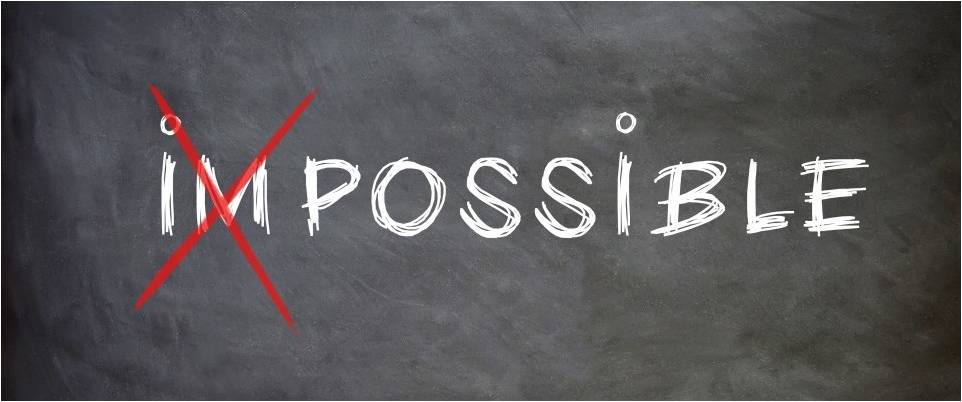
Finding help
Who can I talk to?
- Friends
- Family
- Someone you trust at school
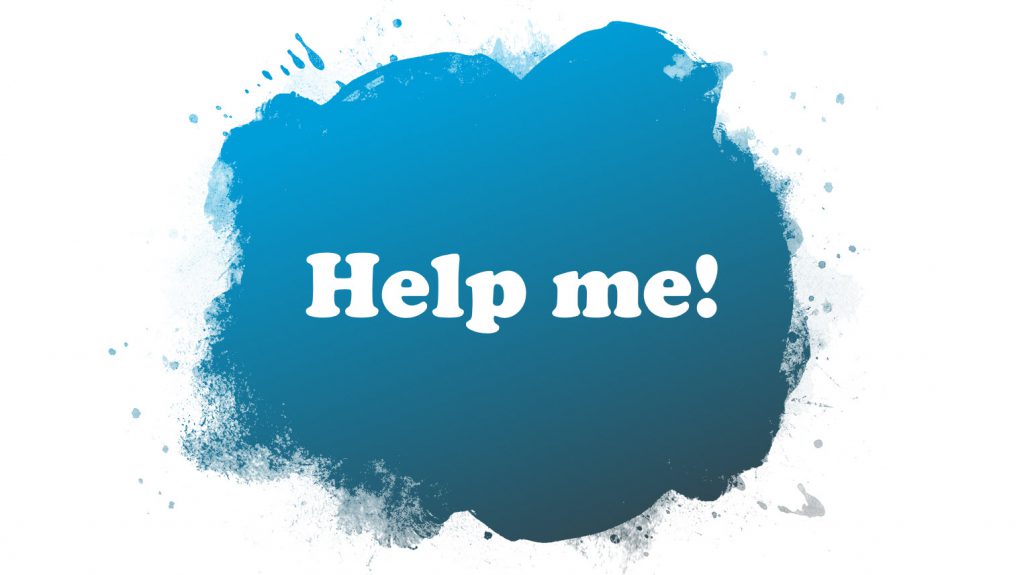
Getting more help
If you haven’t already found the help you’re looking for, you can find additional information and services which are more interactive here.
You can also make a referral to Mental Health Services by completing the online referral form
Select the underlined topics below to view what resources are available.
